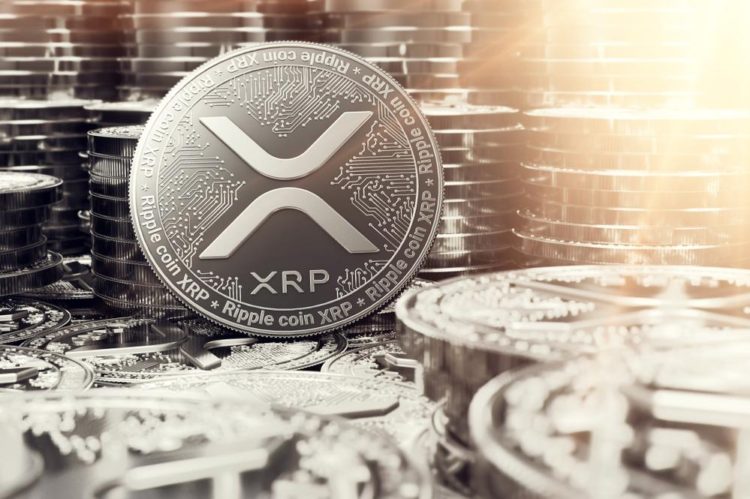- Ripple can only agree with the SEC on redaction or sealing of two out of the four court documents.
- In light of Tuesday’s hearing, the motions to seal are likely just a sideshow.
In Ripple s legal dispute against the US Securities and Exchange Commission (SEC), things have been no less quiet in recent days than the weeks before. However, both parties are currently arguing about an issue that will probably not really be decisive for the outcome of the case, as attorney Jeremy Hogan commented via Twitter.
After Magistrate Judge Sarah Netburn granted Ripple’s motion to temporarily seal four documents on March 31, she ordered Ripple and the SEC to agree on redactions by April 2. As the latest court documents reveal, both parties managed to agree on redactions to 2 email communications.
Specifically, one email was between Ripple CEO Brad Garlinghouse and Rippleworks, the company’s nonprofit VC arm. The second email communication was between anonymous parties and concerns the public perception of XRP and the “control of Ripple”.
On the other side, Ripple’s legal team explained that no agreement was reached on the two other documents. These concern personal financial information of Ripple executive Chris Larsen, on the one hand, and “sensitive information regarding the initial distribution of XRP, including information gleaned from discussions with counsel,” on the other.
#SEC v. #RIPPLE #XRPcommunity Ripple’s Letter regarding Motion to Seal with Proposed Redacted Exhibits 1 and 2 filed this evening, 4.2.2021 pic.twitter.com/dMMdNVUQw2
— James K. Filan (@FilanLaw) April 3, 2021
April 06 hearing could bring new momentum
Attorney Jeremy Hogan summed up that the documents are merely a sideshow and pointed out that the next big event will take place on Tuesday, April 06. That’s when a telephonic discovery conference will take place to discuss Ripple’s motion to disclose the SEC documents regarding the classification of Bitcoin and Ethereum as non-securities. Hogan stated:
In SEC v. Ripple, there has been a lot of activity regarding motions to “seal” documents and some other minor disclosure issues. One should not lose sight of the forest for the trees – these motions are not critical to the case. The next big event is the April 6 hearing!
As Hogan further elicited, it is “difficult to comment on the arguments about the motions to seal the Ripple documents” because the public does not know what is in the documents. “But what I can say for sure is that Ripple does not want the “public” to see them,” he said. One can only speculate about the motivation behind this trench warfare, as Hogan notes:
Is the fight becoming “personal” for the SEC? Or does the SEC believe there are P.R. issues at play here? This probably won’t effect the case directly but a letter from a securities lawyer to Ripple saying it will likely get sued and subject employees and business partners to litigation is NOT good P.R. for Ripple (even if it was 9 years ago).
Meanwhile, the lawyer again stated via Twitter that the SEC itself seems unsure whether it has enough evidence against Ripple. Had the U.S. agency gathered sufficient facts in advance of the lawsuit, it could have sought an injunction to prevent Ripple from violating the law. Hogan Discussed:
[I wonder] if the SEC truly believes Ripple is violating the law, why didn’t it move for a preliminary injunction? They certainly have done so in other cases. The standard is one of “substantial likelihood of success.”
Perhaps the SEC doesn’t have the facts and believes it will procure the facts thru discovery. Or perhaps it’s worried about the substantial nature of the bond and damages it would have to pay if it lost. In any case, the failure to file for a prelim injunction is not a sign of SEC strength.
Credit: Source link












































































































































